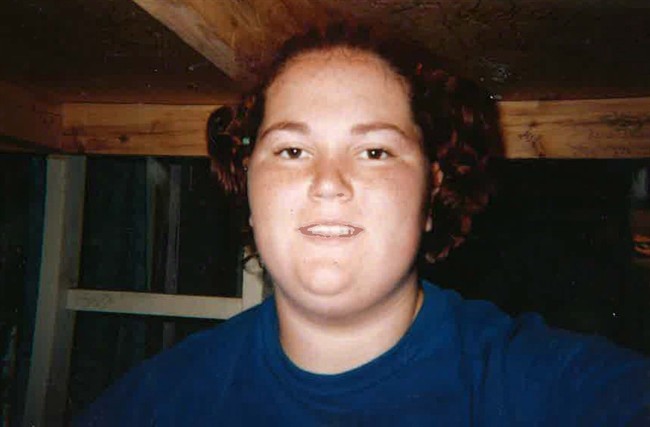OTTAWA – The Conservative government refuses to say when it will respond to more than 100 recommendations made by a coroner’s inquest that ruled teenage inmate Ashley Smith’s death a homicide almost nine months ago.

While Public Safety Minister Steven Blaney indicated in May his government would respond in December, a spokesman for his department wouldn’t commit to a timeline this week.
“The Government of Canada directed Corrections Service Canada to fully cooperate with the Coroner’s inquest,” spokesman Jean-Christophe De La Rue said in an email.
“Corrections Service Canada will respond to the Coroner’s inquest in due course.”
READ MORE: Prison officials won’t reveal Ashley Smith details, 7 years after her death
An Ontario coroner’s jury ruled in December the 19-year-old inmate’s death a homicide and made 104 recommendations aimed at preventing similar tragedies.
Smith, a self-harming inmate who was transferred 17 times during her 11 months in federal custody, died when she strangled herself at Grand Valley Institution in Kitchener, Ont. Prison guards, acting on orders not to enter, stood outside her cell and watched.
“Every time you think it can’t get worse, it does,” said Kim Pate, executive director of the Elizabeth Fry Society, who advocates for female inmates.
“The Canadian public should be outraged that now, as we’re almost seven years since Ashley died, we still don’t have any assurances that these sorts of deaths won’t continue to occur.”
Key coroner’s recommendations include:
– transferring inmates with serious mental health issues or self-injurious behaviour to federally run treatment facilities;
– not requiring frontline staff to seek authorization if they determine immediate intervention is required to save a life;
– abolishing indefinite solitary confinement, prohibiting long-term segregation of more than 15 days and making the conditions of segregation the least restrictive possible.
Last spring, Blaney tasked a deputy minister steering committee with reviewing the recommendations and improving mental health services for inmates.
The committee is comprised of public safety, health, justice and Parole Board of Canada officials, as well as the commissioner of Correctional Service of Canada, along with a second group at the assistant-deputy level.
The minister also announced a two-bed pilot project at the Royal Ottawa Mental Health Centre in Brockville, Ont. After the project was put on hold, it appears a formal agreement is still not yet in place.
The provincial treatment centre has only recently received its first female inmate – Marlene Carter, a mentally offender from Saskatoon’s Regional Psychiatric Centre.
READ MORE: Canada’s psychiatric prisons have highest death, assault rates
Howard Sapers, Canada’s prison watchdog, said he’s been in touch with department officials and they’re still going through the recommendations. He believes the work will be completed by December.
“As far as I know, the government is still working towards an end of December deadline. I have not been advised of anything to the contrary,” Saper said in an interview.
“The decision around the acceptance or the rejection of any of the jury’s recommendations will be made by the minister and the government of Canada.”
Sapers said he hopes the government can make some changes immediately, such as ending long-term segregation of mentally ill offenders and instituting 24/7 health care in all multi-level institutions. He’s been calling for both of these for years.
“I’m very hopeful that the government will be moving rapidly,” he said.
“I don’t believe that they have to wait until they’re in a position to positively respond to all of the recommendations when they can start working on some of them immediately.”



Comments